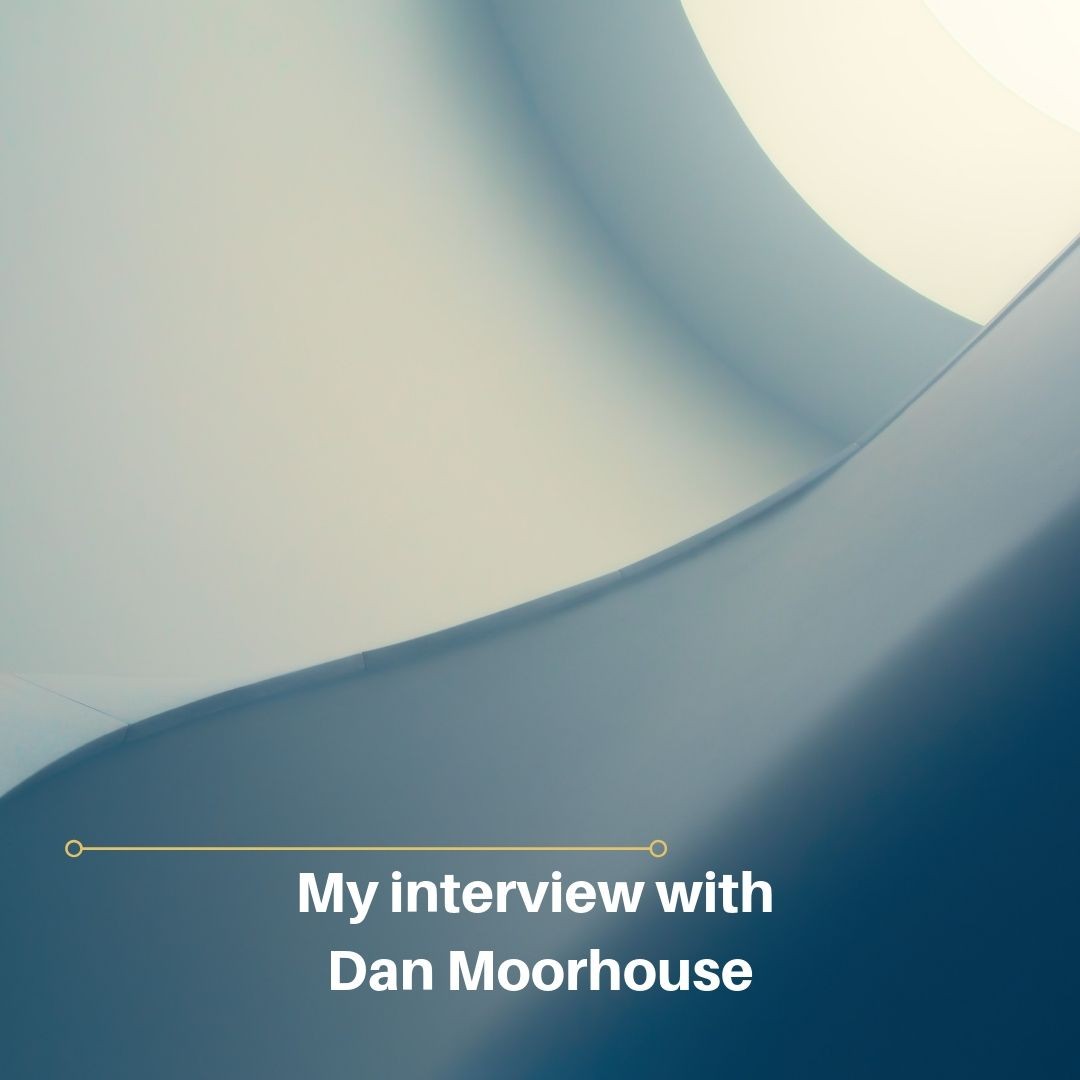In conversation with Gila Green, author of White Zion
My interview with Dan Moorhouse on his SchoolHistory site.
Thanks so much, Dan. It was a pleasure to speak with you.
DM: White Zion incorporates a lot of history. As Yael Unterman describes it, "In a journey of generations from Aden to Palestine to Ottawa, one Yemenite family encounters new and difficult realities: racism and war, rejection and divorce, resourceful survival and tragic death." Why did you choose to write a novel that is so expansive?
GG: Because those stories are absent. I want to expand the definition of Jewish fiction to include voices who are unaccounted for.
DM: With so much history included in White Zion there must have been a lot to research. How did you go about that task?GG: I interviewed people who were alive at the time, including my own father. I translated the Hebrew notes and did my best to fact check them. Some terms I had to translate using my best guess from either Hebrew or Arabic, particularly food items and plants. Other items I Googled and tried to use only the most solid websites. I have a particular fascination with the British Mandate Palestine, so it was time-consuming but engrossing.
DM: Passport Control, set in 1992, raises a lot of issues about the past and Israeli relations with neighbouring cultures. What obstacles are in the way of presenting these in an accurate way in a work of fiction? How do you overcome those difficulties?I am not sure what you mean by accurate (authentic)? There are competing truths (two things can be in opposition but equally true and in the Middle East probably more than two things). The goal was to present a range of angles and still create a meaningful, provocative novel that is hard to put down. I worked on it for years and it went through many revisions. I also wanted a novel that someone with no familiarity with the region would enjoy.
Passport Control was accepted in total by three publishers. The second one requested that I erase the heroine's Jewish identity and transform her into a Syrian Christian. I was not prepared to do that and it was hard to walk away—opportunities with large publishers don't come around every day.
Ironically, the novel was later accepted by a pro-Palestinian activist, who mentioned my novel might "put off some of her readers but engender curiosity about the region." She's been ideal to work with. You can make of that story as you like about current obstacles in fiction.
GG: No one has ever asked me that. My first thought is self-actualization.
DM: How did you get into writing?It is a cliché but I have always wanted to write and was always happiest reading. I can still remember my frustration when my grade school librarian told me there was nothing more for me to take out of the library; I had read every book. I was one of those kids who read under the table at restaurants.
DM: How do you go about planning your novels?GG: That has evolved over the years. I need to know the beginning and the end.
DM: How do you balance the fact and fiction when writing this type of novel?GG: This brings us to the purpose of fiction. Why do we need it? If I could sit and write facts, I wouldn't need fiction. Fiction allows me to say what I cannot express. It allows me to carve out emotional truths, to find solace and mercy in my imagination.
I would find writing non-fiction excruciating.
On the other hand, for atmosphere and setting I try to be as factual as possible. My goal is to transport the reader.
DM: One of the areas that my website is looking at currently is the way that history is interpreted and presented to the general public. How do you go about deciding how to portray your characters and the events in which they become involved?GG: You have to be passionate about what you want to say to even approach success; you must find it both personally and universally relevant—anything that does not meet these criteria should go. You have to be fearless at times and trust your audience.
DM: Which authors have been most influential to your own writing to date?GG: There are the classics: Alice Munro, Bernard Malamud, Leonard Cohen, Truman Capote, Sherwood Anderson. I read a lot of international fiction. I am very attracted to authors who write about other cultures and immigrant stories. Matthew Thomas, Haruki Murakami, Orhan Pamuk, Andrew Taylor.
DM: Have you got any plans for future books that are in a historical setting?GG: I have a novel in submission, A Prayer Apart, that depicts the reality of many young Israelis who grow up knowing they are next in line for the front line. The hero is a teen boy who is one step away from a juvenile detention center and the backdrop is the 2014 war with Hamas. You'll have to tell me if that's historical by today's standards.
DM: What advice would you give to an aspiring author?GG: Aspiring authors should have mentors. Get one and hang on as long as you can.
When you subscribe to the blog, we will send you an e-mail when there are new updates on the site so you wouldn't miss them.


Comments